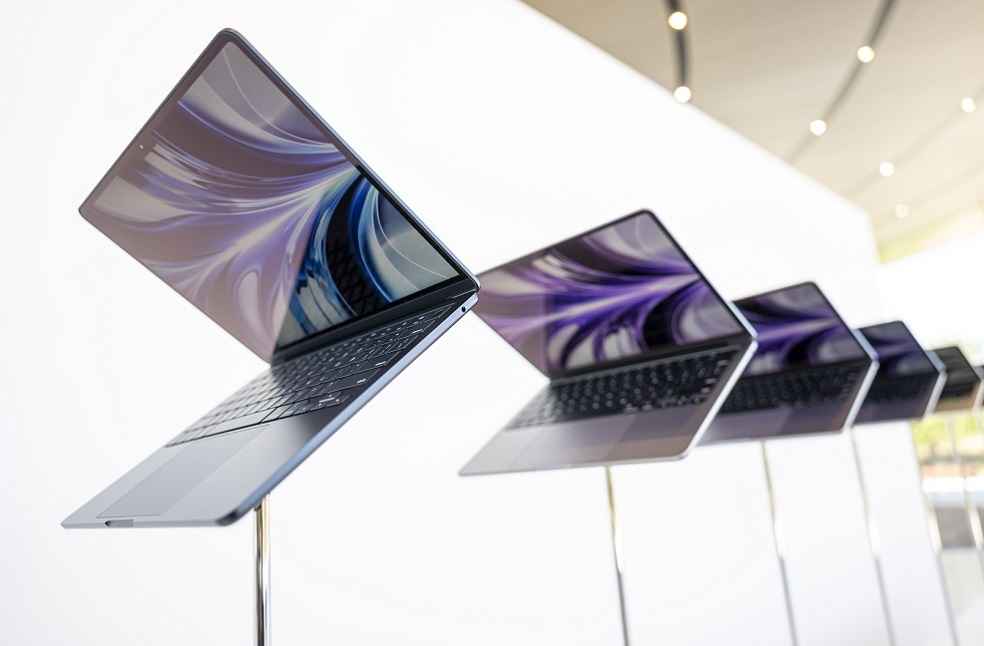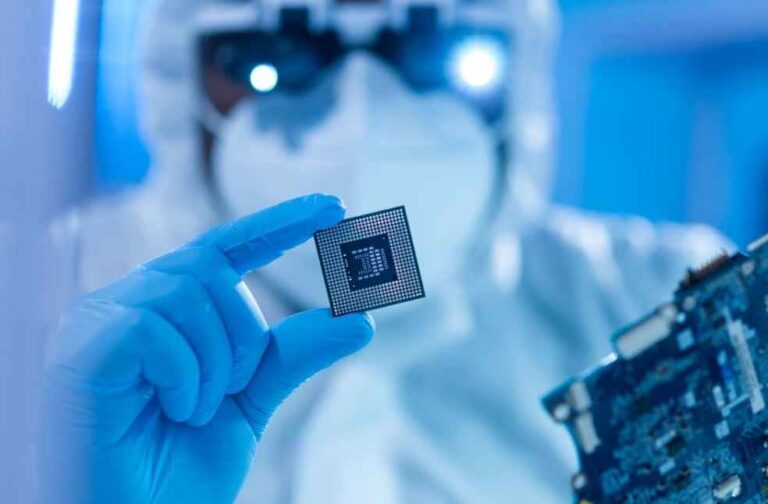The Trump administration’s proposed 25% tariff on semiconductor imports is expected to have widespread ramifications for the global chip industry. However, industry executives believe India is unlikely to face any major short-term consequences, as the country is not a major chip exporter to the US.
Indian companies exporting finished electronic goods remain in a wait-and-watch mode before committing to new investments, industry sources said. Some experts argue that the proposed tariffs could violate the Information Technology Agreement (ITA-1), an international treaty mandating zero duties on semiconductor and IT product trade among signatories, including the US.
Former President Donald Trump announced on Tuesday his intention to impose tariffs “in the neighborhood of 25%” on semiconductors, automobiles, and pharmaceutical imports, reinforcing his America-first trade stance.

Ashok Chandak, president of the India Electronics and Semiconductors Association, acknowledged the potential for significant consequences, including increased costs, supply chain disruptions, and geopolitical tensions. He further noted that India’s semiconductor industry would not face immediate challenges, as it primarily caters to domestic consumption rather than US exports. He also pointed out that India already imposes zero import duty on semiconductors, eliminating concerns over reciprocal tariffs.
“In the long run, Indian semiconductor brands will not be at a major disadvantage, as the US tariff is expected to apply uniformly to all exporting nations,” Chandak said.
Industry experts warn that the tariff action could drive up semiconductor costs in Taiwan, South Korea, and China—key players in global chip manufacturing. This would likely turn into higher prices for electronics such as smartphones, laptops, electric vehicles, and industrial equipment. Chandak added that major US tech firms, including Apple, Nvidia, and Tesla, could face increased production costs, leading to either reduced profit margins or higher consumer prices.

Electronics contract manufacturer Syrma SGS, which exports 40-50% of its total sales to the US, acknowledged the prevailing uncertainty. “Around 10% of our sales go to the American continent, covering RFIDs, smart meters, ID cards, and more. While there is no immediate slowdown, companies are cautious about new investments,” said managing director JS Gujral.
Gujral clarified that Trump’s proposed tariffs do not pose an immediate risk to his firm’s business, as the company has a strong order book for the current fiscal year. “If there is any impact, it will only be felt in FY 2026-27, given the long incubation period for such policy changes to affect shipments,” he said.
POLICY & LAW | EU Approves 16th Set of Sanctions to Constrain Russia



